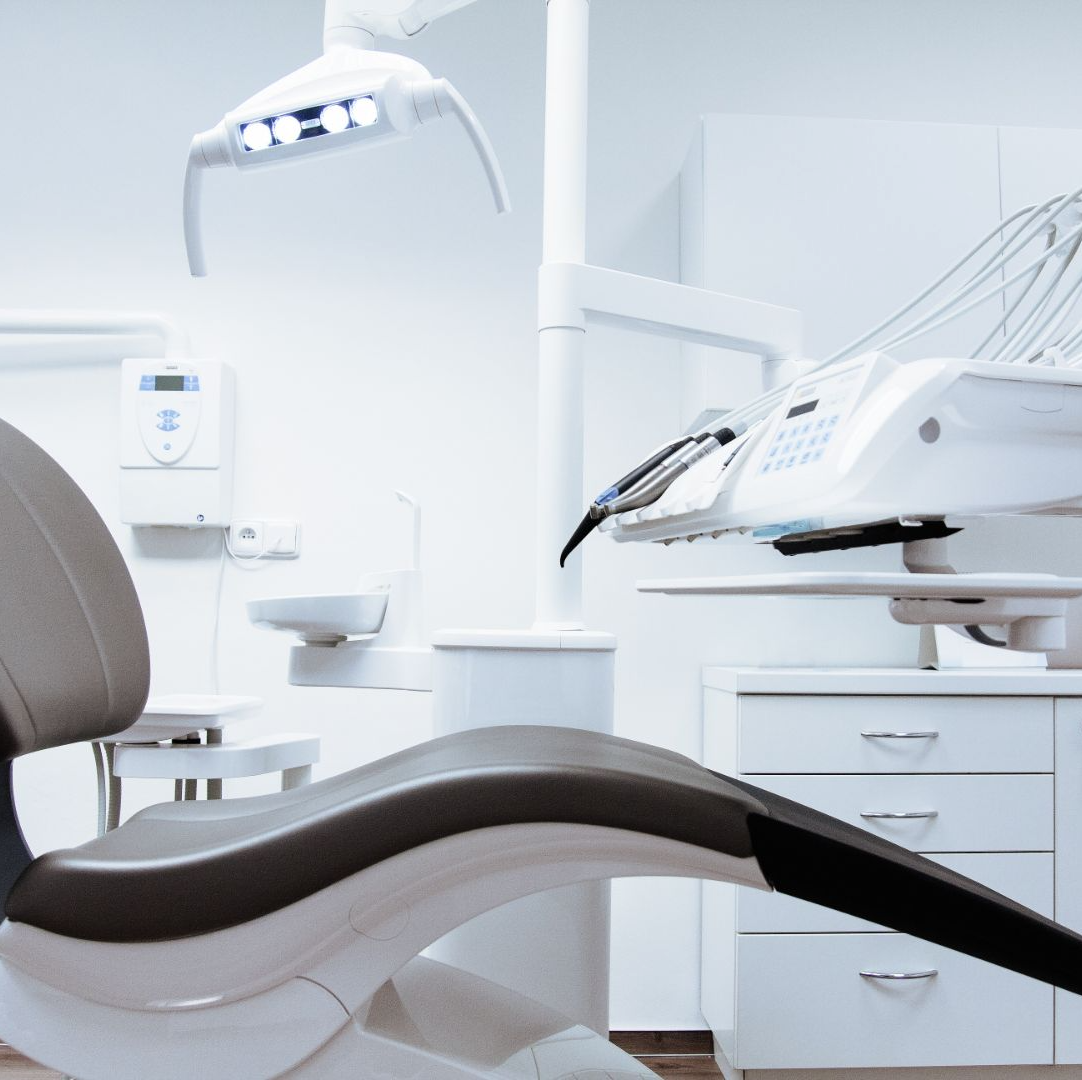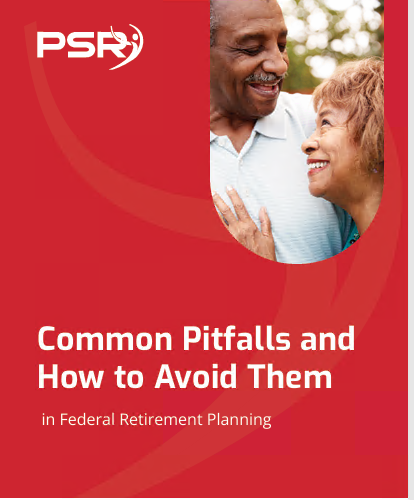Key Takeaways
- FEDVIP plans can make a substantial difference in retirement, especially for routine and specialty dental and vision care needs.
- If you’re a federal employee or retiree, keeping an eye on your FEDVIP options can help reduce out-of-pocket costs.
What is FEDVIP and Why Does It Matter?
- Also Read: Divorce and Your Federal Pension—What Happens When You Split Assets and How It Could Affect Your TSP
- Also Read: What Happens to Your Federal Benefits After Divorce? Here’s the Lowdown
- Also Read: The Best FEHB Plans for 2025: Which One Fits Your Lifestyle and Budget the Best?
Many people assume that Medicare will cover their dental and vision expenses in retirement. However, Medicare generally doesn’t cover most routine dental and vision services. Here’s where FEDVIP comes in—it’s designed to fill those gaps, giving federal workers and retirees options to help protect both their health and their finances. But like any benefit, it’s only useful if you understand how to make it work for you.
Who is Eligible for FEDVIP?
FEDVIP isn’t available to just anyone; it’s specifically for federal employees, retirees, and certain family members. During the annual Open Season (typically mid-November to early December), you have the chance to review, change, or enroll in new FEDVIP plans. If you’re a new hire, you may also have a short enrollment window to sign up for FEDVIP, often within 60 days of starting your federal employment.
After retirement, you can keep your FEDVIP benefits as long as you’re already enrolled. This continuity is significant, as many private-sector employees lose access to their dental and vision coverage when they retire. FEDVIP allows you to keep the same level of coverage without losing access to essential benefits.
Dive into Dental: Why FEDVIP’s Dental Coverage Counts
Coverage for Preventive and Basic Care
FEDVIP dental plans often include preventive care like cleanings, exams, and routine X-rays, which is essential in retirement when dental health can impact overall well-being. Regular cleanings are known to reduce risks associated with heart disease, diabetes, and other chronic health conditions.
Preventive care is generally covered without a deductible in most FEDVIP dental plans. Additionally, FEDVIP offers a variety of dental plan choices that may cover a significant percentage of basic care costs, including fillings, root canals, and extractions. Not all plans are created equal, though, so it’s important to review the details during Open Season.
Major Procedures and Orthodontics
What about more extensive procedures like crowns, bridges, or even dentures? FEDVIP offers plan options that provide some coverage for these costly services. And if you’re considering orthodontics for yourself or a family member, you’ll find FEDVIP plans that offer orthodontic benefits, even for adults.
Retirees often see an increase in these types of dental needs, and the costs can be substantial without a solid insurance plan in place. A well-chosen FEDVIP plan can significantly reduce the out-of-pocket costs associated with major dental work.
Annual Limits to Consider
One important aspect of FEDVIP dental plans is the annual benefit limit. Many FEDVIP plans have a cap on the total benefits they’ll pay out in a year. The cap varies between plans, so if you’re anticipating any major dental work, it’s worth checking to see if a plan’s limit will cover your needs.
If you expect higher dental costs, opting for a plan with a higher annual limit can save you money in the long run. Open Season is the perfect time to examine and select a plan that will best meet your dental needs for the upcoming year.
Eyeing Your Vision: FEDVIP’s Vision Benefits
Routine Exams and Eyewear Coverage
Vision benefits under FEDVIP include coverage for routine eye exams, which help detect issues like glaucoma, macular degeneration, and other eye conditions that can worsen with age. Many plans cover a substantial part of your annual exam cost, and some even offer a zero-copay option.
For eyewear, FEDVIP plans typically offer allowances for frames and lenses every year or every other year. This can include everything from basic prescription glasses to more advanced options like progressive lenses and coatings for reduced screen glare.
Contact Lenses and Special Enhancements
If you’re a contact lens wearer, FEDVIP can help cover those costs as well. Some FEDVIP vision plans provide an allowance for contacts in place of frames and lenses. This is a convenient option if you prefer contacts, and it can save you a significant amount over time.
If you’re considering enhancements, such as special coatings or lens types, FEDVIP also has options for these. Plan allowances may cover a portion, if not all, of these added features. Just make sure to double-check specific benefits during Open Season so you can pick the option that best suits your vision needs.
Make the Most of FEDVIP During Open Season
Open Season is the only time of year (unless you have a qualifying life event) to add, change, or cancel your FEDVIP plan. With dental and vision health becoming increasingly important as we age, having the right coverage through FEDVIP can protect you from large out-of-pocket expenses. Reviewing your needs each year is crucial—your dental or vision care needs may change over time, and there could be new plans or benefits that better suit your current situation.
Consider any planned procedures, prescription updates, or even cosmetic dental work, and use this information to compare plans. This period only comes around once a year, so take advantage of it to choose the best possible coverage for yourself and your family.
Stay Informed and Secure Your FEDVIP Benefits
Understanding the scope of your FEDVIP dental and vision benefits can make a big difference in both your health and finances, especially in retirement. Since these benefits remain available to retirees, they’re a valuable resource for managing long-term dental and vision care needs. Regular review and adjustments during Open Season help ensure that you’re getting the most out of your FEDVIP plan, so it works for you through all stages of life.
Whether you’re nearing retirement or already retired, paying attention to these often-overlooked benefits can bring peace of mind and protect your financial health.













